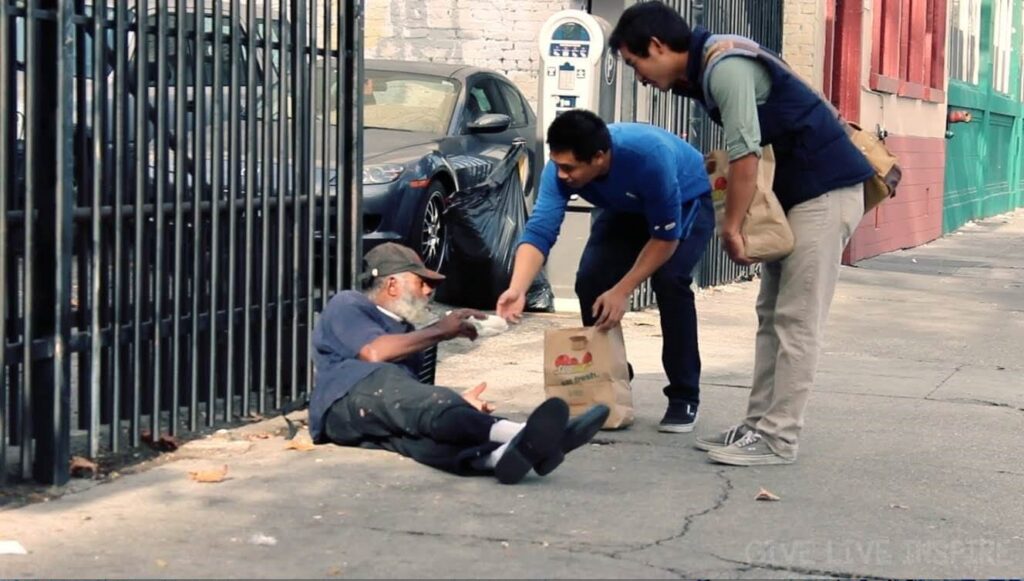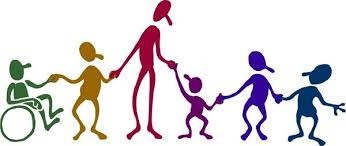
Educational social workers provide psychosocial assistance as a part of an educational team, assisting students in resolving issues arising from developmental stages, family or living circumstances, and ensuring that they are able to successfully complete their school activities.
Students, parents, communities, and school districts all benefit from having an educational social worker on staff. School social workers can assist children and adolescents in overcoming a variety of difficulties that could obstruct both social and academic achievement by ensuring that all pupils are equipped and capable of handling the demands of an education.
KEY RESPONSIBILITIES OF AN EDUCATIONAL SOCIAL WORKER:
An educational social worker’s daily tasks include a variety of responsibilities for the formulation, execution, and evaluation of various programmers at the district level as well as for individual children. To establish programmers for at-risk pupils, special education, gifted and talented students, and alternative education, school systems rely on trained personnel.
Furthermore, educational social workers frequently address probable cases of neglect or abuse at the district level, and these experts frequently check compliance with legislation such as Section 504. Additional information about educational social work legislation and regulations may be found on the School Social Work Association of America’s Advocacy/Legislation page.
Educational social workers are very important in assisting teachers in the classroom. Social workers can assist instructors in better understanding everything from social barriers to developmental delays by having expanded knowledge of the different possible learning obstructions that a student may face. School social workers are frequently involved in the implementation of classroom behavior management measures.
HELPING STUDENT AND FAMILIES:
Behavior management is one area in which a school social worker is likely to make a direct impact on a student’s academic success. In addition, educational social workers offer crisis intervention, conflict resolution, and counseling to students to help each individual child or adolescent gain the social understanding needed to interact in the school environment and to learn.
Much of the responsibilities that go along with a school social work position also involve the assessment of a student’s behavior, learning ability, and social history. Understanding everything from what a child’s life is like at home to experiences in the classroom are essential in this assessment, helping school social workers best develop the plans and intervention strategies for each student.
In order to make the best assessments of behavior, learning, and social barriers, school social workers frequently work directly with families. This allows them to make changes to intervention plans. Families may turn to school social workers for assistance in comprehending and locating resources to assist students in making adjustments in the classroom and at home.
COLLABORATION WITH MEMBER OF THE COMMUNITY

The educational social worker’s daily routine also includes coordinating resources for parents, teachers, administrators, students, and the community. School social workers collaborate with social service, government, mental health, and education agencies to provide classrooms and districts with the tools they need to help all kids.
Professionals working as educational social workers in all types of schools and education environments may satisfy the requirements of everyone involved in the education process for early childhood, elementary, and secondary students with education and training in mental health, education, and communication skills. A school social worker assists educators, community members, students, parents, and families in developing the most effective programmers, plans, and partnerships to help all children and adolescents succeed in and out of school.
CONCLUSION:

Education helps you become a better person and teaches you a variety of ability to make sensible decisions. It promotes a personal development. Education also aids a country’s economic development.
WRITTEN BY
JHARANA JENA
MSW 1ST DIVISION
References:
https://www.socialworkdegreeguide.com/lists/5-community-service-ideas-for-social-work-majors/
